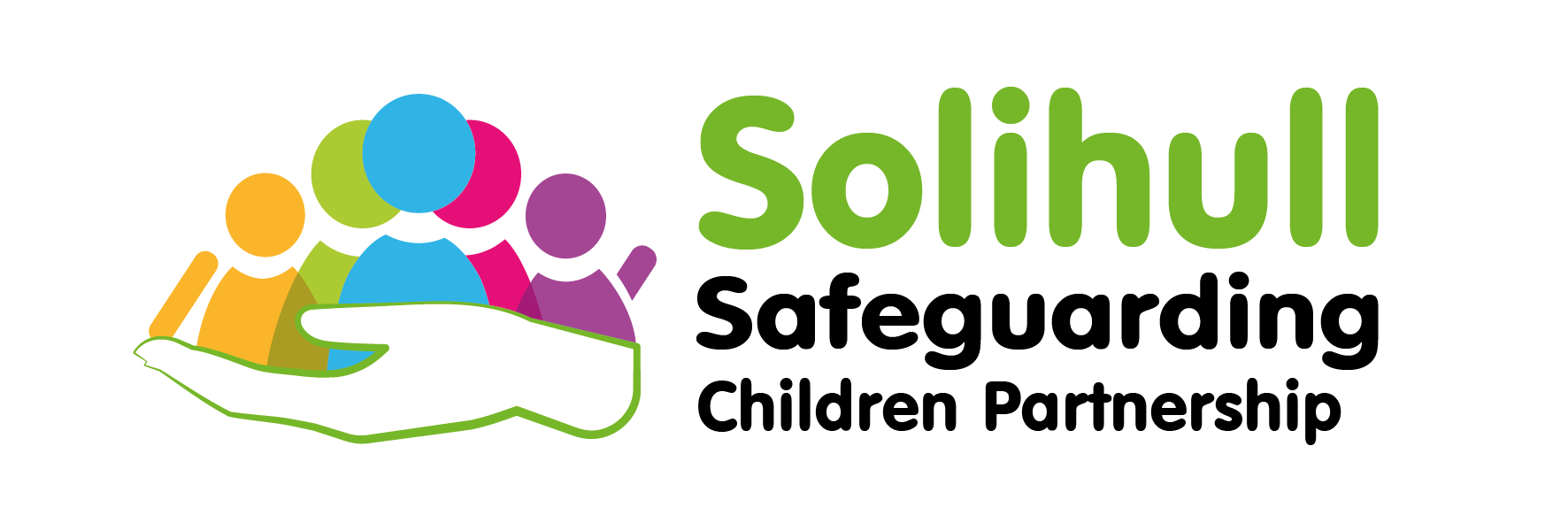Safe Organisations
Children and young people attending groups and activities
Many children attend community groups such as a drama group, music class, sports activity or play scheme and enjoy these in safety. Parents will want to feel confident their child is being left in safe hands and that groups and organisation have safety measures in place. The NSPCC has produced a few simple questions which parents can ask in order to get that reassurance.
Checklist of questions
Below is the series of questions parents can ask plus guidance about what would be acceptable responses.
Who is in charge of keeping children safe?
There should be a named individual who supervises staff and volunteers and is trained to act appropriately if there are concerns about a child.
Do staff and volunteers get any basic child protection training?
All those working with children should have basic training in child protection and health and safety.
Are the staff and volunteers suitable to work with children?
All staff and volunteers should go through a proper recruitment process which includes interviews, references and police checks.
Is there a written code of behaviour?
All organisations should have a written code of behaviour which outlines good practice when working with children. Bullying, shouting, racism and sexism are not acceptable.
How can you or your child (or child you know) voice concern?
Organisations should tell you where to go and what to do if you, or your child, have any worries including if your child is being bullied or hurt by another youngster.
Does the organisation have a health and safety policy?
Find out if there is a leader qualified in first aid, if there is a fist aid box, and if the premises have passed fire regulations.
What are the arrangements when children go on outings?
You should be informed of arrangements, including the transport there and back, for every outing, no matter how long or short, and your consent should be requested.
Does the organisation have an internet safety policy?
If the organisation allows children to access the internet, find out what guidelines or filtering software they have in place for safe surfing.
What happens if children have special needs?
If children are very young, or have a disability, there should be clear guidelines on feeding, toilet, and administering any medication.
What should you be wary of?
- Activities where parents are discouraged from staying to watch or becoming involved;
- Behaviour or activities that encourage rough play, sexual innuendo or humiliating punishments;
- Individuals who take charge and operate independently of organisational guidelines;
- Individuals who show favouritism or personally reward specific children;
- Encouragement of inappropriate physical contact;
- Poor communication and lack of parental involvement, leaving you feeling uneasy;
- Children who drop out or stop going for no apparent reason;
- Invitation for children to spend time alone with staff or volunteers (or even to visit their homes).
Most community groups should be happy to reassure parents that they are doing everything to keep their children safe. But if you cannot get the answers you want contact Children’s Information Service 0800 389 8667 or call the NSPCC’s Child Protection helpline for advice on 0808 800 500. You can also text the Helpline text service on 88858, email help@nspcc.org.uk, or get information online at www.nspcc.org.uk/helpline
If you have specific concerns about a person who is working with or in a position of trust with children or young people, you should discuss these with the Local Authority Designated Officer (LADO)
The LADO service is based at:
Child Protection and Review Unit
Bluebell Centre
Chelmsley Wood
B37 5TN
B37 5EX (Sat Nav)
LADO referrals: should be made via
Telephone: 0121 788 4310
If anyone running a group needs advice about safeguarding and child protection this is available by contacting the NSPCC by email saferchildren@nspcc.org.uk or phone 0871 990 3200.
